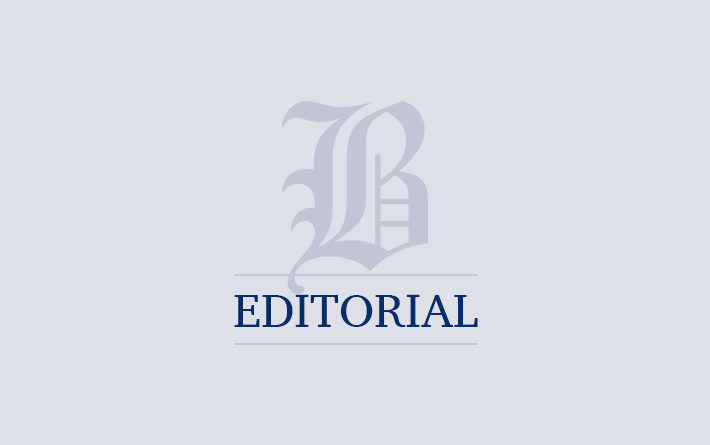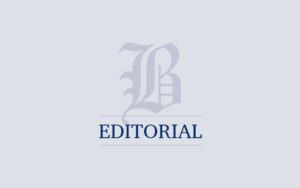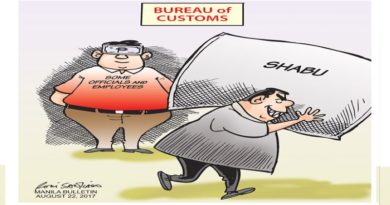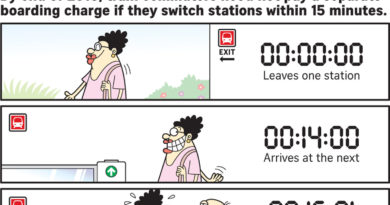EDITORIAL: Don’t pin tax blame on poor -Bangkok Post
BANGKOK POST
EDITORIAL COLUMN
Prime Minister Gen Prayut Chan-o-cha barked up completely the wrong tree last week. During the policy debate in parliament, he blamed the stagnant economy on the poor whom he said have contributed too little to the country’s tax revenue. In fact, the poor pay their fair share of taxes. It is the rich and the ultra rich who don’t pay enough, and Gen Prayut’s previous regime did not do much to force them to fork out more.
———

Apart from value-added tax (VAT) charged on consumer goods, the poor and farmers pay no other taxes, the premier said. This remark has drawn a fierce response from across society, as it is being seen as an insult to low-income people.
Even though he recognised they pay VAT, the way he downplayed low-income earners’ overall tax contribution clearly demonstrates his lack of understanding of the issue.
Many have come out to correct his misperception, saying the majority of tax revenue comes from consumer taxes — a combination of VAT, excise tax, import levies and other fees, all of which are shouldered by consumers, including the poor. In 2014, this chunk represented 61% or 1.5 trillion baht of tax revenue, while personal income tax accounted for just 11% and corporate tax 28%, according to Thammasat University economics lecturer Pichit Likitkijsomboon.
———

With Gen Prayut’s biased comment against the poor, it is no wonder that his previous government showed favour to the rich by, for example, extending payments for two 4G license auction winners and bailing out digital TV operators by waiving rental fees for their broadcasting networks.
———

On the tax front, the National Legislative Assembly (NLA), whose members were appointed by his military regime, also set overly lenient applicable rates for new taxes that will mainly affect the rich. It watered down the rates recommended by the Finance Ministry under the new inheritance tax law, which was introduced in 2016, and the new land and buildings tax act, which will take effect in January next year.
That resulted in a meagre 285 million baht of inheritance tax collected over the three-year period from 2016-2018, according to the Revenue Department.
———

Thailand has the dubious honour of having one of the highest rates of economic inequality in the world. Wealth remains concentrated in the ownership of land. The new land and buildings tax was supposed to help narrow this enormous gap by forcing the rich to pay taxes for undeveloped land or relinquish it. But the watered down rates will translate into less revenue being collected from them.
Meanwhile, the state’s investment policies have also favoured large companies which have proportionally paid less tax than small and medium-sized firms because many of the former have been entitled to numerous tax exemptions for their investment projects in special economic zones.
The latest case is tax waivers for certain projects in the Eastern Economic Corridor provided by the former Prayut government as a means to attract investment and increase competitiveness. However, Gen Prayut and his current ministers must understand that the Yingluck Shinawatra administration already slashed the corporate tax rate from 30% to 23% in 2012 and then to 20% in 2013 for the same purpose of attracting investment.
———

Of course, there is a pressing need for overall tax reform to broaden the tax base. But the government must also make it a priority to start forcing the rich to pay their fair share and stop blaming low tax collection on the poor.
EDITORIAL
BANGKOK POST EDITORIAL COLUMN
.
———

.

All photographs, news, editorials, opinions, information, data, others have been taken from the Internet ..aseanews.net | [email protected]
.|.For comments, Email to :D’Equalizer | [email protected] |










